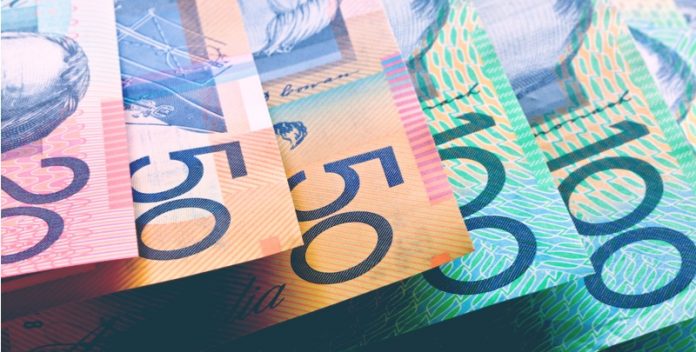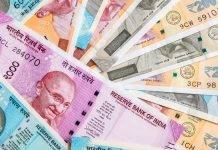The Australian dollar is slightly higher against the US dollar on Wednesday.
News that China is resuming production and is soon to lift travel restrictions on the worst hit areas from the coronavirus has bolstered the Australian dollar.
Paradoxically, the Australian dollar has been more of a beneficiary of a big new $2 trillion spending package than the United States dollar because big if the United States can avoid a big economic downturn that is good for the global economy and for Australian exports.
AUD/USD was higher by 13 pips (+0.17%) to 0.5966 with a daily range of 0.5931 to 0.6073 as of 5pm GMT.
The currency pair rallied up through 0.60 before dropping 100 pips from its highs, leaving it with a hefty 2.82% gain on the week to date.
The Aussie benefits from Chinese reaction to the coronavirus outbreak
Apparent success at containing the COVID-19 outbreak in China has some economists calling the bottom in the Asian economic downturn. When China was at the height of its coronavirus outbreak, the Australian dollar sold off as a liquid currency proxy for the Chinese economy. The Chinese national currency, the Renminbi is pegged against the dollar. Now that te outbreak has shifted to Europe, the Aussie and other Asian currencies have started to recover.
China has said it is on the path to normality with travel links into Hubei province opening in early April with Wuhan set to end its lockdown after new infections dropped to zero.
The US Senate is expected to vote later today on the massive new $2 trillion spending plan brokered between the US Treasury and Congress. It will be the biggest spending plan in US history, exceeding even the bailouts in the 2008 financial crisis.
The details are still sparse but there will be $500 billion in loans for distressed companies, $350 billion in small business loans, $250 billion for direct payments to individuals and families and $250 billion in extra unemployment insurance benefits. Senators are expected to pass it and Treasury Secretary Steve Mnuchin told journalists that the President would “absolutely” sign it if Congress passes it.





